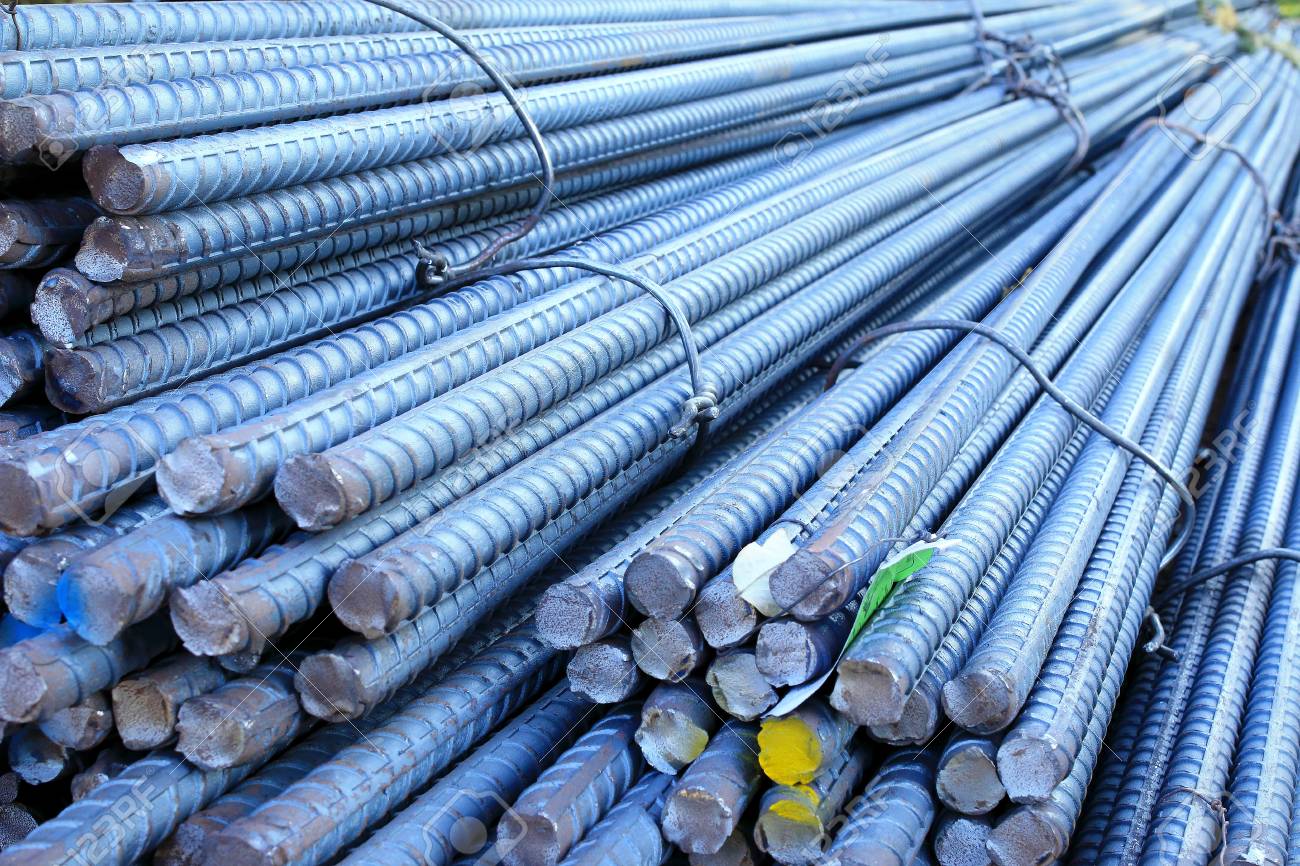Spanish longs supplier Celsa says that it will see a leap in both sales and profits in 2021, Kallanish notes. According to the Group`s chairman and ceo Francesc Rubiralta, the turnover will be an expected €5.2 billion ($5.31 billion) and Ebitda could be €600 million this year, a boost in sales revenues of over 57% and in earning of almost €300m or 100%, year-on-year.
“Celsa is on track to surpass the pre-pandemic sales this year and even reach the highest turnover in our history,” Rubiralta says. The business improvement will be possible after major changes in the international steel trade and environmental awareness that augur good long-term prospects for the company due to its competitive advantage in terms of sustainability and vertical integration.
“Celsa has avoided rising raw material costs because 93% of the steel it produces comes from scrap metal collected by the group itself, and as its furnaces are electric, it emits 20 times less CO2 than its competitors, which is currently key with the price of emission rights quadrupled compared to the pre-pandemic,” the executive explains.
However, the Spanish government rescue fund to help overcome the impact of the Covid-19 crisis (Sepi) is necessary to alleviate Celsa`s loss of solvency, Rubiralta continues. The ceo, who does not specify the amount requested, estimates that the good prospects for the future should serve as a guarantee to obtain the go-ahead for the rescue and regain solvency and be able to “sit down and negotiate” the refinancing of its existing debt with main creditor banks. The group’s debt in Spain reached €2.7 billion, after investing more than €1.7 billion between 2001 and 2019. Celsa stopped paying off its long-term debt in the first year of the pandemic, saving about €200 million to date, financial media El Economista suggests.
“Our strategic plan until 2028 includes investments of €100m in Spain and units abroad and involves expanding markets, including exports to China since 2022. Celsa`s steel is already green and we are very well-positioned to capitalize on what is coming,” Rubiralta adds.
Todor Kirkov Bulgaria






